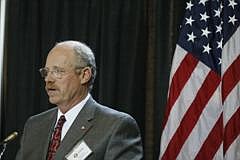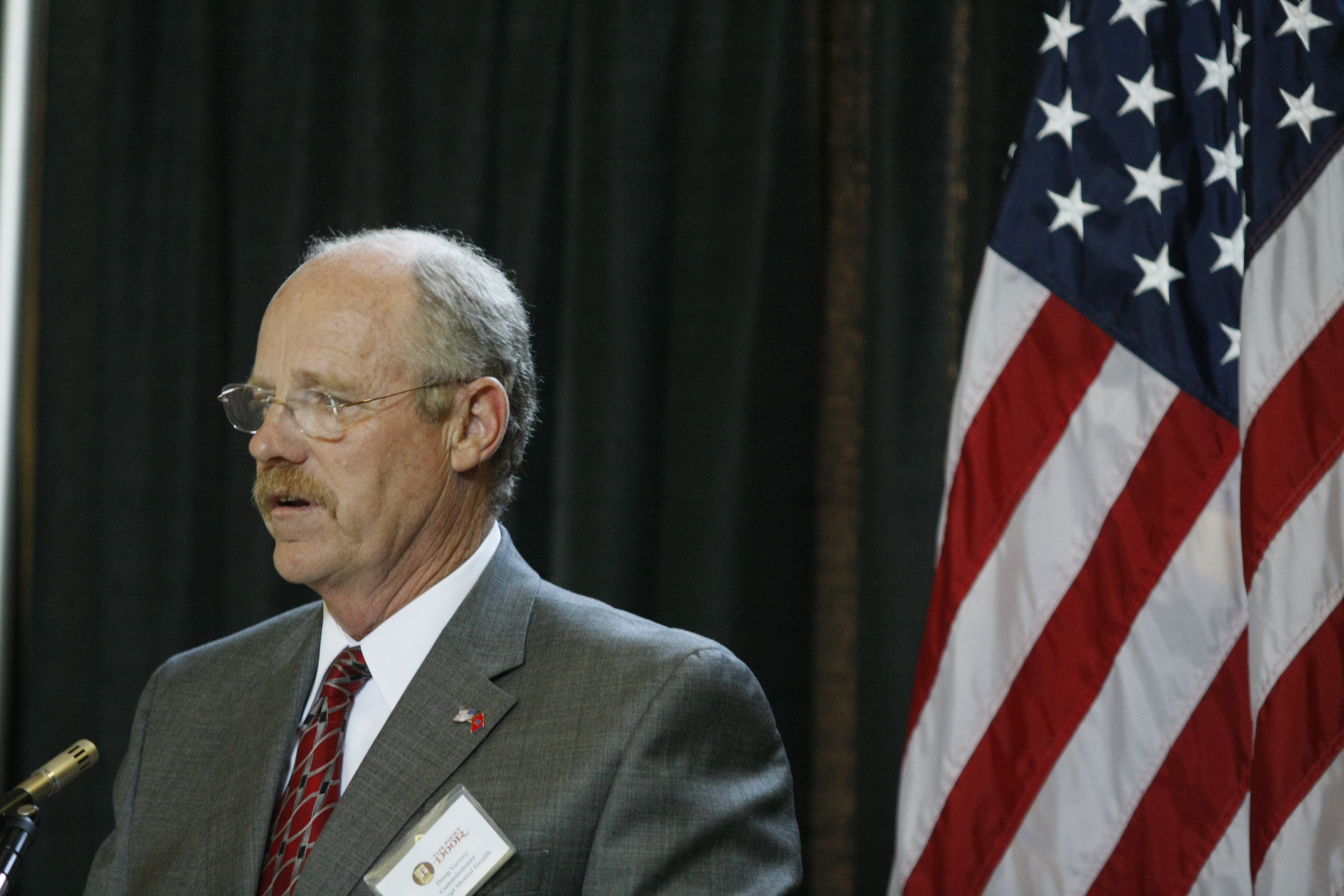NASHVILLE -- The state Health Department faces as much as $40 million in state funding cuts next year, which sharply could curtail services offered by dozens of primary health care centers for low-income Tennesseans.
But Health Commissioner John Dreyzehner told Gov. Bill Haslam on Tuesday that his main fear is an even worse scenario.
"The thing I'm probably most worried about beyond this room? What's going on in Washington, D.C.," Dreyzehner told Haslam and other officials.
Federal cuts that a congressional "super committee" is weighing to reduce the deficit could prove "devastating" to the agency, fretted Dreyzehner, whose department gets about 40 percent of its funding from Washington.
The commissioner's concerns came during the governor's continuing series of public hearings on the upcoming 2012-13 budget.
Top officials at various other agencies, which already have undergone cuts over the three previous budget years, also raised concerns about the impacts of Haslam's latest directive to prepare for cuts of up to 5 percent in the upcoming budget. The budget will be submitted to state lawmakers early next year.
Correction Commissioner Derrick Schofield said a 5 percent cut would force the state to close an entire 1,352-bed state prison to save $31 million. That comes even as the state prepares to spend millions to prepare for the January 2013 opening of the 1,444-bed Bledsoe County Correctional Complex.
"Realistically, could we do it? Yes sir, we can do it," Schofield told Haslam and state Finance Commissioner Mark Emkes. "But will it impact our way ahead? It definitely will impact."
He said counties already are waiting for the transfer of 4,800 state felons now housed in local jails, including Hamilton County's. The Correction Department pays most counties $35 a day per inmate.
The department will need another $15 million to $20 million in the current budget year to reimburse counties, Schofield said.
Mental Health Commissioner Doug Varney said he is prepared to cut nearly $25 million to meet the 5 percent target, as well as deal with the loss of one-time funding in "core" services such as $2.37 million for 48 peer-support centers serving the mentally ill.
"I hate having to consider that," Varney said. "There isn't much fluff [in his budget]. There's nothing that I would chose to cut."
He asked Haslam to maintain $6 million to spare crisis services and other areas such as mental health recovery services.
Libby Garner of Tennessee Mental Health Consumers Association later said cutting the 48 peer-support service groups would be "tragic" because it would impact thousands of mentally ill people who "would be back by themselves without community."
Higher education officials made their own plea, saying 5 percent cuts would force another $55 million in cuts to the University of Tennessee and Board of Regents systems.
Tennessee Higher Education Commission last week approved a request for a $28 million increase in state funding next year for public colleges and universities, coupled with student tuition increases ranging from 5 to 8 percent at the University of Memphis and the University of Tennessee in Knoxville.
The proposal also calls for tuition hikes ranging from 3 to 6 percent at other universities such as the University of Tennessee at Chattanooga as well as community colleges including Chattanooga State and Cleveland State.
"I don't think we'll be able to net them $28 million, but I don't think it'll be a 5 percent decrease either," Haslam later told reporters.

